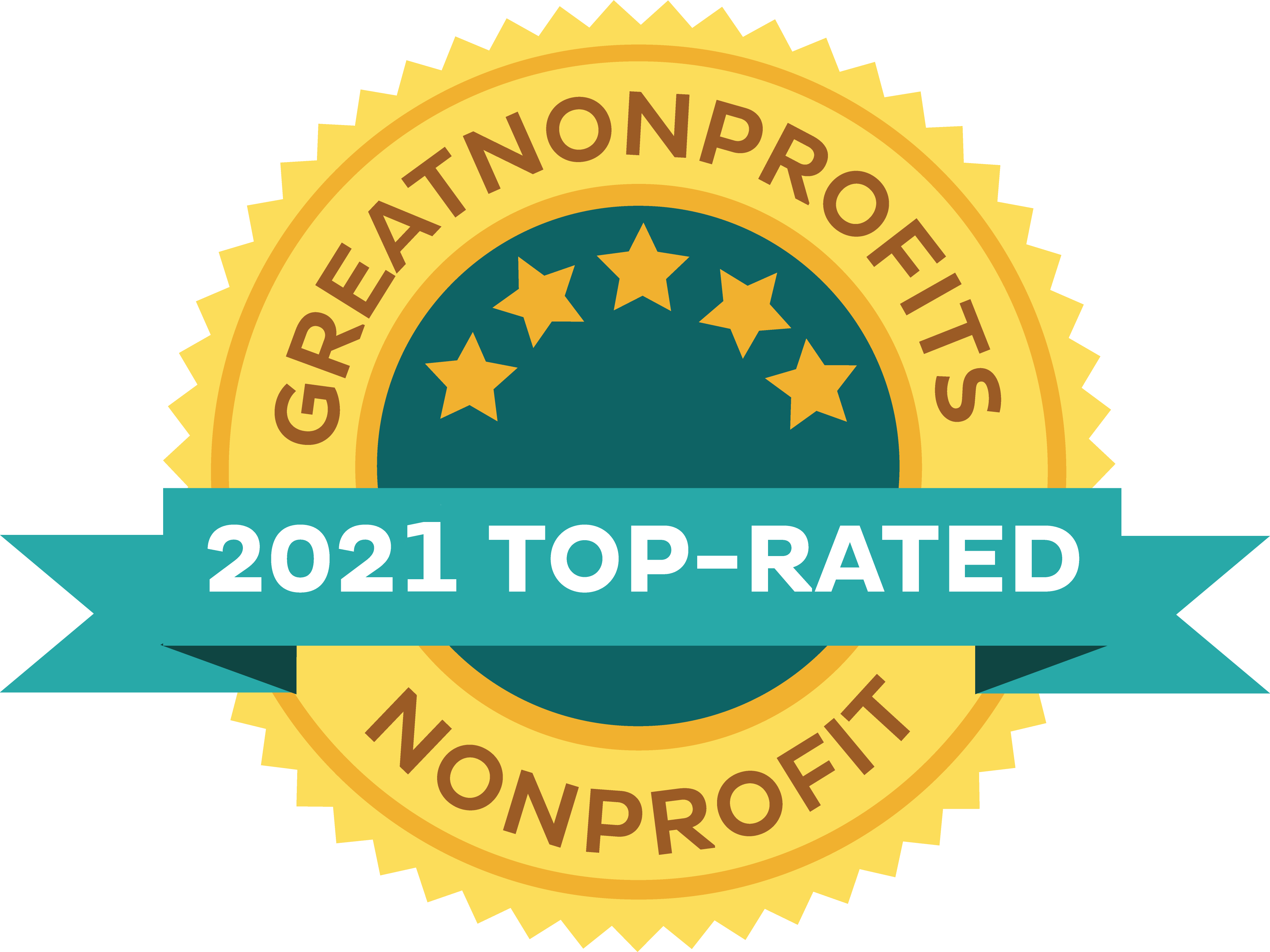The good news about climate change
We’re learning to adapt to changes that have already happened.
With more frequent and extreme weather events, melting glaciers, and rising sea levels, there is no question that the climate crisis is here now and the impacts are felt by humans and nature alike. But there is good news: every day we see more individuals, organizations, businesses, and governments responding to the crisis. People are coming together to take concrete steps to mitigate the worst impacts of climate change.
By working together, we can change course. We can pave a path forward to a future in which businesses rely on renewable energy, cities rethink waste disposal and transportation, and work with communities and individuals to avoid the worst impacts of climate change.
We’re learning to adapt to changes that have already happened.
There is no denying that our climate is changing and that it impacts the most vulnerable people and species first. We also know that solutions to the climate crisis are most effective when they’re led by people from those communities most deeply affected. WWF works with local communities, governments, and research institutions around the world to help people and species prepare for—and adapt to—the impacts of climate change. Also, working with global experts in climate and ecological modeling, we identify actions that help communities and nature continue to thrive in a warming world.
In the same way climate change hits the most vulnerable people first, it increases the stresses on endangered and vulnerable species. WWF’s Wildlife Adaptation Innovation Fund addresses this climate vulnerability by supporting pilot projects that find innovative ways of helping species adapt to these changes in climate. For example, through installation of artificial nests it has helped recovery of the vulnerable shy albatross among others.
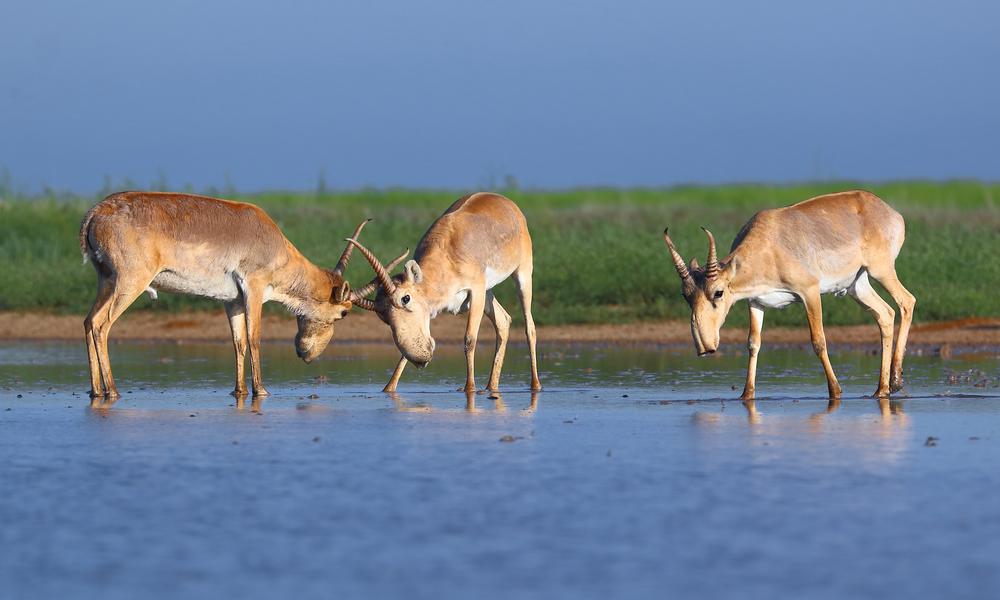
A pilot project, funded by WWF’s Wildlife Adaptation Innovation Fund, aims to make more water available for saiga antelope by restoring three wells within the Stepnoi wildlife refuge in Russia.
The solutions we need for a carbon-zero future already exist.
Low cost solar, wind, and battery technologies are on profitable, exponential trajectories that if sustained, will be enough to halve emissions from electricity generation by 2030. Wind and solar energy now regularly out-compete fossil fuels in most regions of the world. Electric vehicle growth has the potential to reach a 90% market share by 2030 if sustained, but only if strong policies support this direction.
Developed responsibly, we can harness these technologies and potentially scale further unproven ones to reduce about nearly two thirds of potential emissions in 2030. However, we need governments to drive this progress and take us the rest of the way.
The world is committed to fighting the climate crisis.
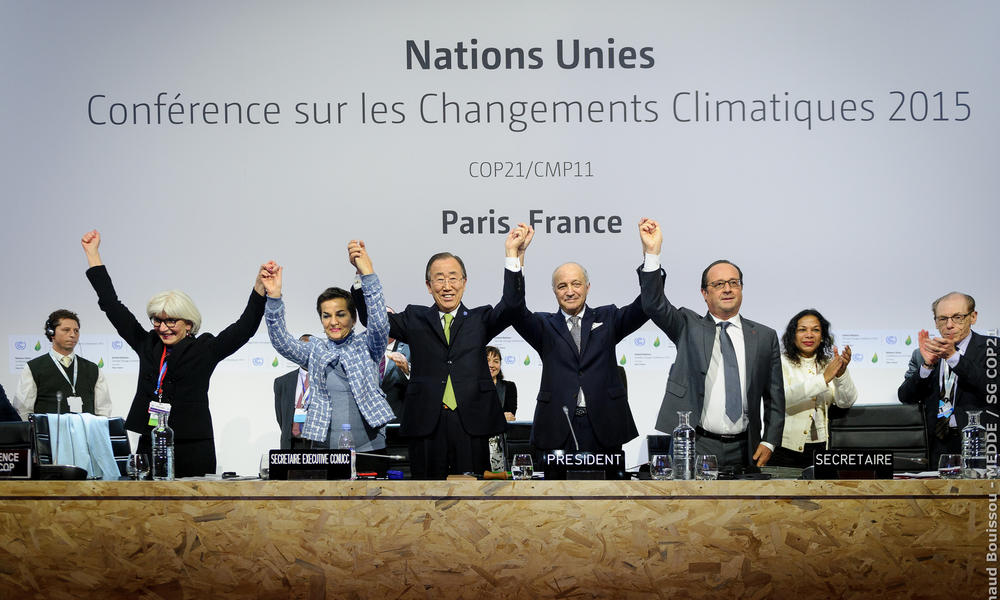
The Paris climate talks were a pivotal moment. For the first time in history, nearly 200 countries agreed to take collective action on climate change.
In 2015, world leaders from 196 countries came together in Paris to sign the first truly global deal to fight the climate crisis. An initial signatory, the United States later announced its intent to withdraw from the agreement in 2017. However, a growing coalition of more than 3,600 leaders from cities, states, tribes businesses, college, and university came together to ensure America’s continuing commitment to the Paris Agreement as part of the We Are Still In movement. This coalition spans all 50 states, represents 155 million people, over 9.46 trillion in GDP, and is growing every day.
This type of coalition across sectors, partisan lines, and even faiths was once unprecedented, but they now drive nations toward more ambitious climate action around the world. The Alliances for Climate Action is a global network of coalitions now spanning five continents. They are the new faces of climate leadership around the world and are speeding up the planning and implementation of critical action on climate.
Businesses are on board to save our warming world.
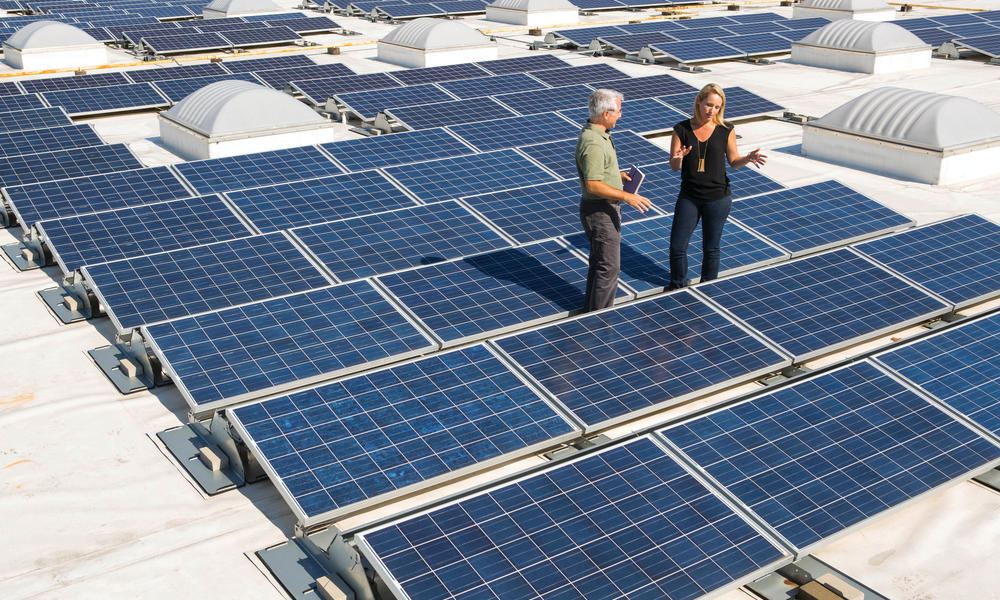
WWF helped Walmart launch Project Gigaton, a first of its kind initiative that has the potential to mobilize its suppliers—the largest supply chain in the world—to avoid emitting one gigaton of carbon into the atmosphere by 2030.
Nearly half of the largest companies in the US now recognize that it is everyone’s responsibility to tackle climate change and preserve our planet for future generations. What is more, as some of the world’s largest energy users, businesses have a unique opportunity to lead. Businesses also recognize the importance of adapting to climate changes. There is a growing movement among the private sector to address the risks that climate change poses while acknowledging and using nature as a solution. WWF works collaboratively with companies and cities to not only adapt their own business to the climate crisis, but also to take on leadership roles advocating for stronger government action. Together, we’re driving ambition, setting targets based on science, and getting corporations to take real action.
People like you are in the streets, demanding action.
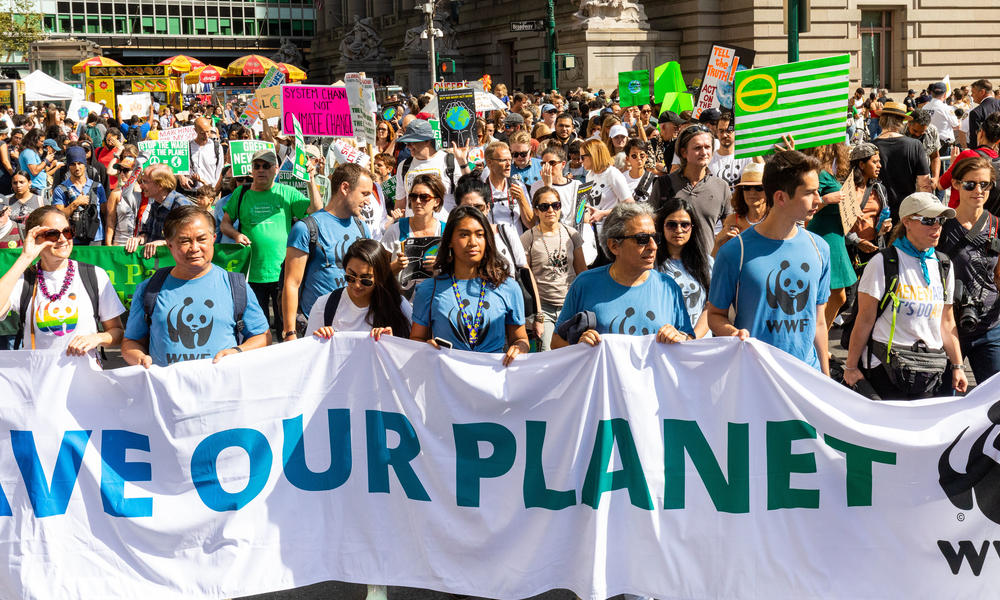
Activists march in New York City to demand action from global leaders on climate change.
On Sept. 22, 2019, an estimated 6 million people around the world joined the global climate strike making it likely the largest climate rally ever. While the protests were led by younger people, the event brought together individuals of every age, every walk of life, across cultures, and even party lines.
But the strike was just the beginning. It showed that everyone has a voice in our efforts to tackle the climate crisis. Real leadership on the climate crisis begins with you and we need your help. Join us to call on your member of Congress to prioritize climate action.


